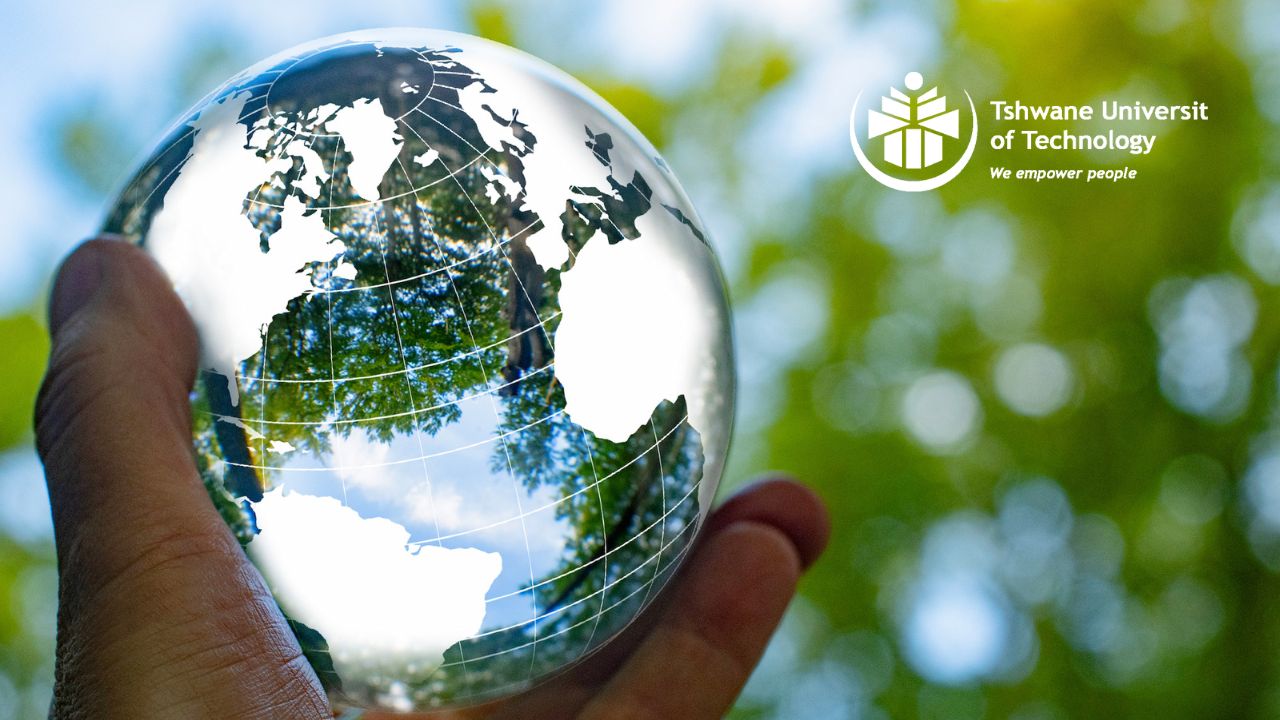TUT Global Impact: Advancing Social Impact and Sustainable Development in 2025

TUT Global Impact: Advancing Social Impact and Sustainable Development in 2025. The Tshwane University of Technology (TUT) continues to raise the bar in higher education by actively promoting social impact and sustainable development.
This dedication was globally recognised once again in the 2025 Times Higher Education (THE) Impact Rankings, released on 18 June 2025.
With key improvements in several Sustainable Development Goals (SDGs), TUT is solidifying its position as a leading institution that empowers students and communities while driving South Africa’s development agenda.
TUT and the 2025 THE Impact Rankings
The THE Impact Rankings evaluate more than 2,500 universities from 130 countries, assessing how effectively each contributes to achieving the United Nations Sustainable Development Goals (SDGs). For the 2025 cycle, TUT submitted strong evidence under four critical SDG categories:
| SDG | SDG Focus Area |
|---|---|
| SDG 1 | No Poverty |
| SDG 4 | Quality Education |
| SDG 8 | Decent Work and Economic Growth |
| SDG 17 | Partnerships for the Goals |
This strategic submission aligns directly with TUT’s Institutional Strategic Plan (ISP 2020–2025), which prioritises inclusive transformation, student empowerment, and academic excellence.
Remarkable Improvement in SDG 1: No Poverty
TUT made its most notable achievement in SDG 1: No Poverty, where the University improved its ranking from the 301–400 bracket in 2024 to the 101–200 range in 2025. This advancement places TUT among the top universities worldwide making tangible contributions to poverty alleviation. This milestone reflects the university’s deeply rooted commitment to addressing inequality and transforming disadvantaged communities.
“This is not just a number – it reflects the real impact of our work with staff, students, communities, and partners who are dedicated to social justice,” said Dr Vathiswa Papu-Zamxaka, TUT’s Deputy Vice-Chancellor for Research, Innovation and Engagement.
This result highlights the university’s community outreach programmes, scholarships for underprivileged students, and social justice initiatives, which collectively empower vulnerable populations through education and opportunity.
First-Time Entry in SDG 8: Decent Work and Economic Growth
For the first time, TUT submitted evidence for SDG 8: Decent Work and Economic Growth and successfully landed within the 801–1000 range. This reflects the University’s growing efforts in enhancing graduate employability, fostering entrepreneurship, and supporting fair labour practices.
Key initiatives under this SDG include:
- Work-integrated learning programmes (WIL)
- Graduate placement support services
- Incubation centres promoting youth entrepreneurship
These efforts not only bolster student outcomes but also contribute to the national economy, especially in a country like South Africa where youth unemployment remains a major challenge.
Challenges in SDG 17: Partnerships for the Goals
While several improvements were noted, TUT’s performance in SDG 17: Partnerships for the Goals declined in the 2025 rankings. The university moved from the 401–600 band in 2024 to the 1001–1500 band in 2025, signalling a critical area that requires attention.
| Year | SDG 17 Ranking |
|---|---|
| 2024 | 401–600 |
| 2025 | 1001–1500 |
This drop reflects challenges in international collaboration, research partnerships, and global stakeholder engagement. However, the university has recognised this as an opportunity to revamp its global partnerships strategy, focusing on:
- Strengthening cross-sector partnerships
- Enhancing international research collaborations
- Leveraging public-private partnerships for community impact
Stable Overall Ranking and Local Standing
Despite the fluctuation in SDG 17, TUT’s overall global rank remained stable within the 1001–1500 range. Among the 13 South African institutions participating in the 2025 rankings, TUT proudly ranks 11th, placing it shoulder-to-shoulder with Durban University of Technology in the universities of technology category.
This stability showcases the institution’s resilience and commitment to sustainable development, even amidst global competition and local challenges.
Strategic Outlook
According to Dr Papu-Zamxaka, the University will intensify its focus on improving SDG reporting, enhancing the visibility of existing projects, and expanding community-based education efforts. The vision includes:
- Stronger community partnerships
- Enhanced research impact reporting
- Targeted international engagement strategies
She emphasised that TUT’s journey is ongoing and that the 2025 results serve as both a benchmark and motivation. The aim is to continue creating a future rooted in opportunity, innovation, and inclusive growth.
Why TUT’s Global Footprint Matters
TUT’s rising influence in the THE Impact Rankings is not just about numbers — it’s about impact. By embedding social impact, quality education, economic empowerment, and sustainability into its DNA, TUT is ensuring that its students don’t just graduate with degrees but become leaders of change across South Africa and beyond.
- TUT ranks 101–200 in SDG 1, reflecting strong poverty alleviation work.
- First-time inclusion in SDG 8, showing commitment to decent employment and economic growth.
- Challenges in SDG 17 highlight the need for stronger international and sector partnerships.
- Overall ranking remains stable, affirming consistency and strategic focus.
- TUT aligns its performance with the ISP 2020–2025, ensuring purposeful and inclusive development.
Conclusion
TUT 2025 performance in the THE Impact Rankings is a clear testament to its unwavering commitment to social justice, inclusive growth, and sustainable development. While the University celebrates its significant progress, it remains future-focused—determined to build on its global footprint, improve on its shortcomings, and uplift the communities it serves.






